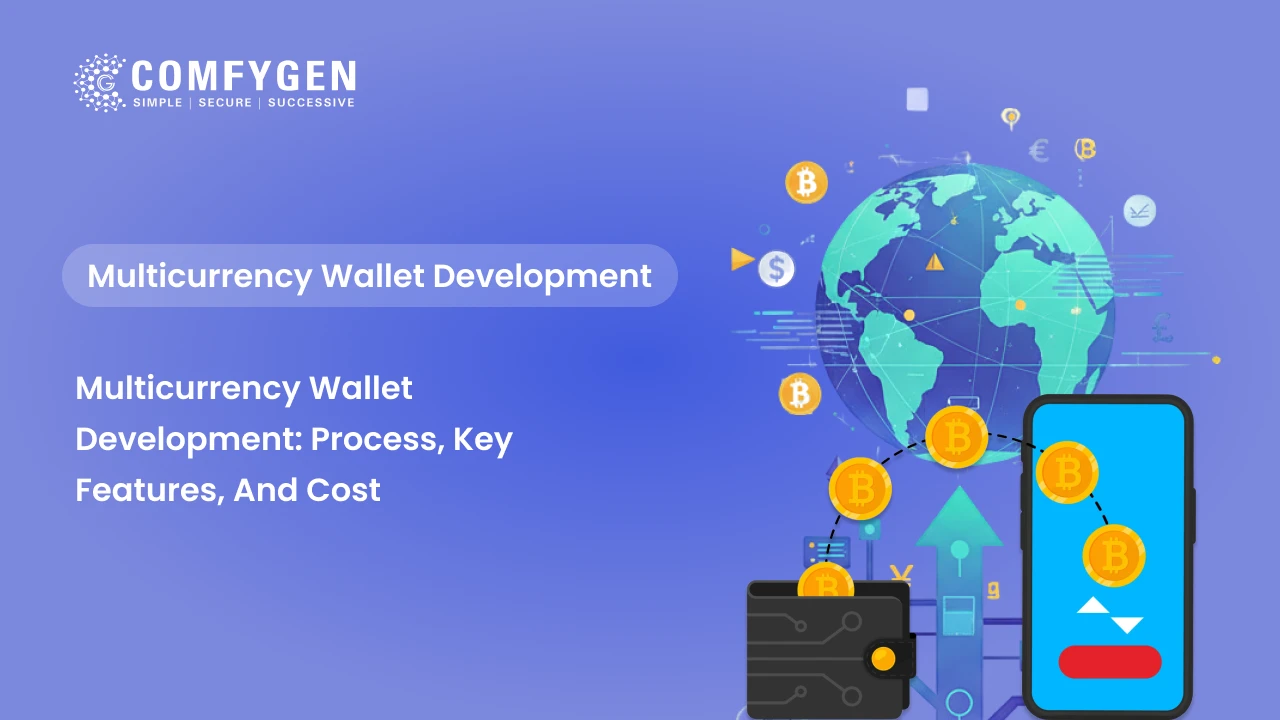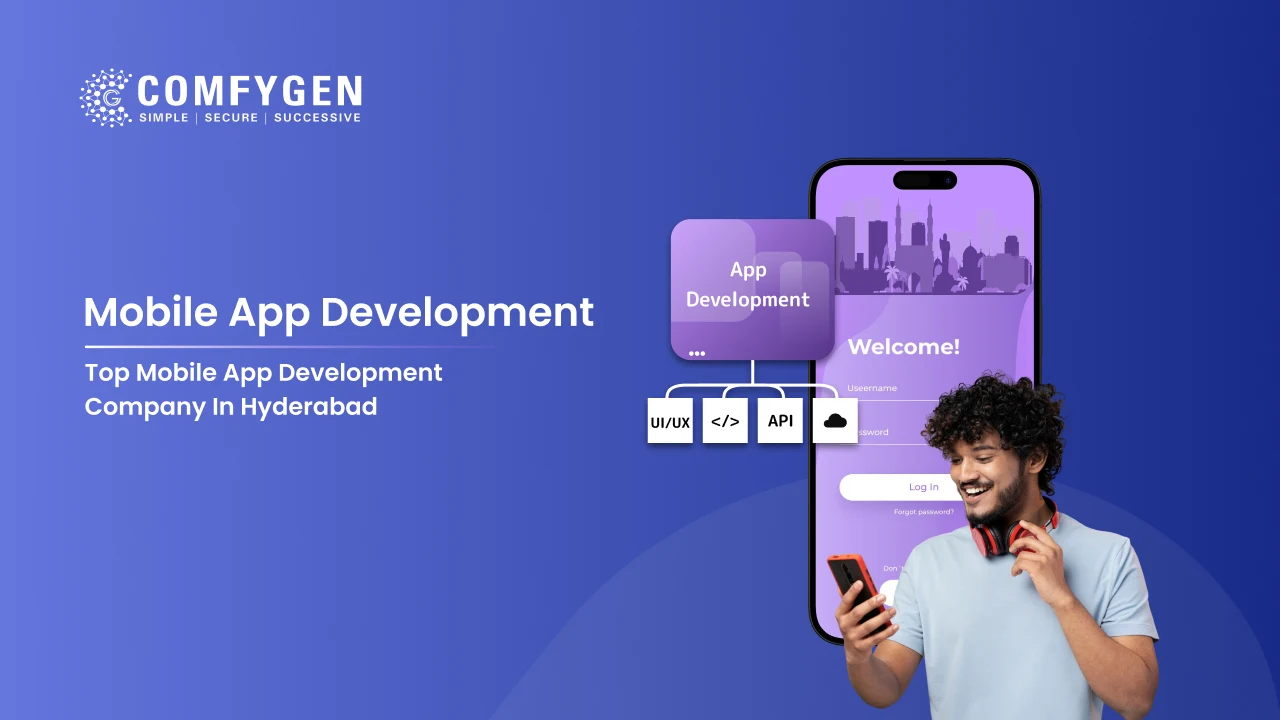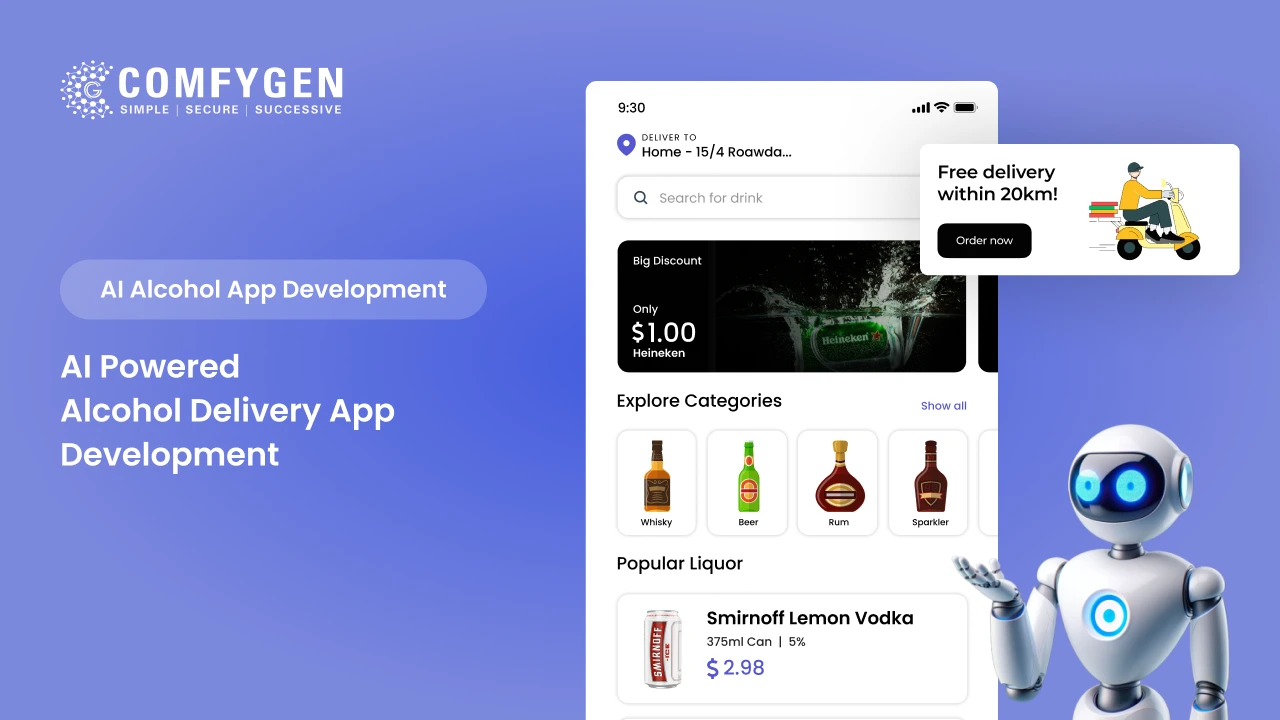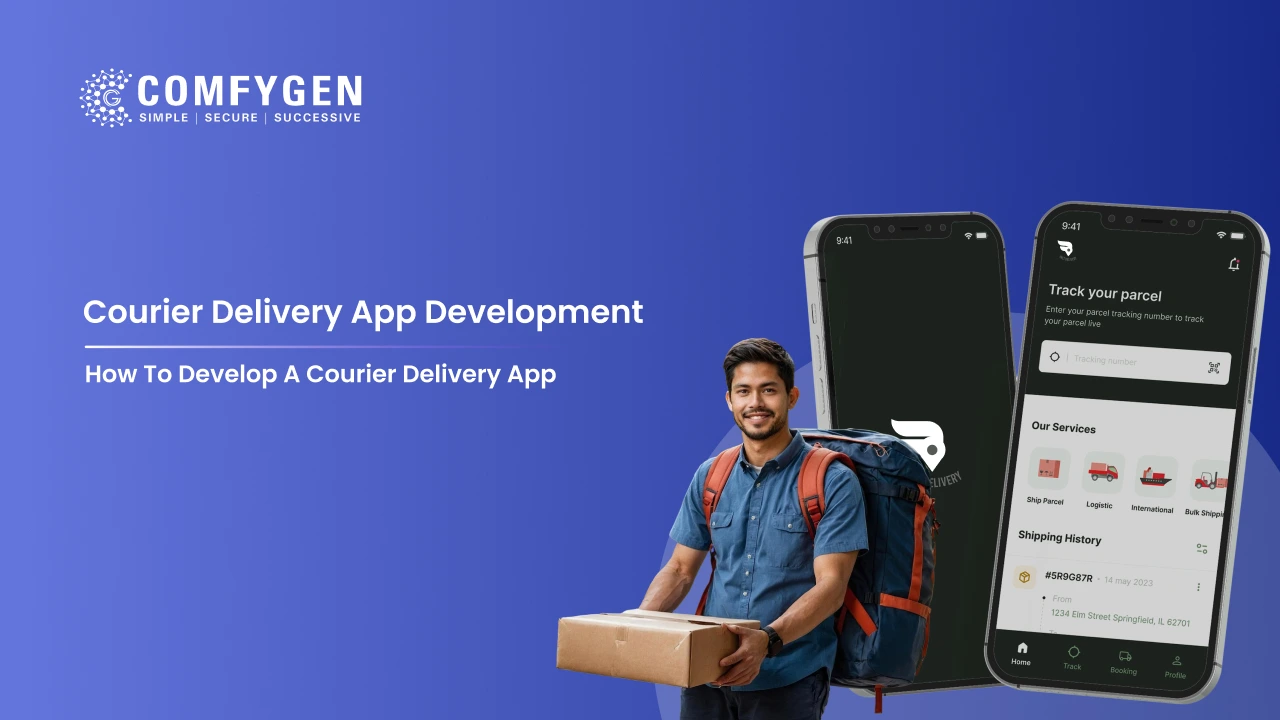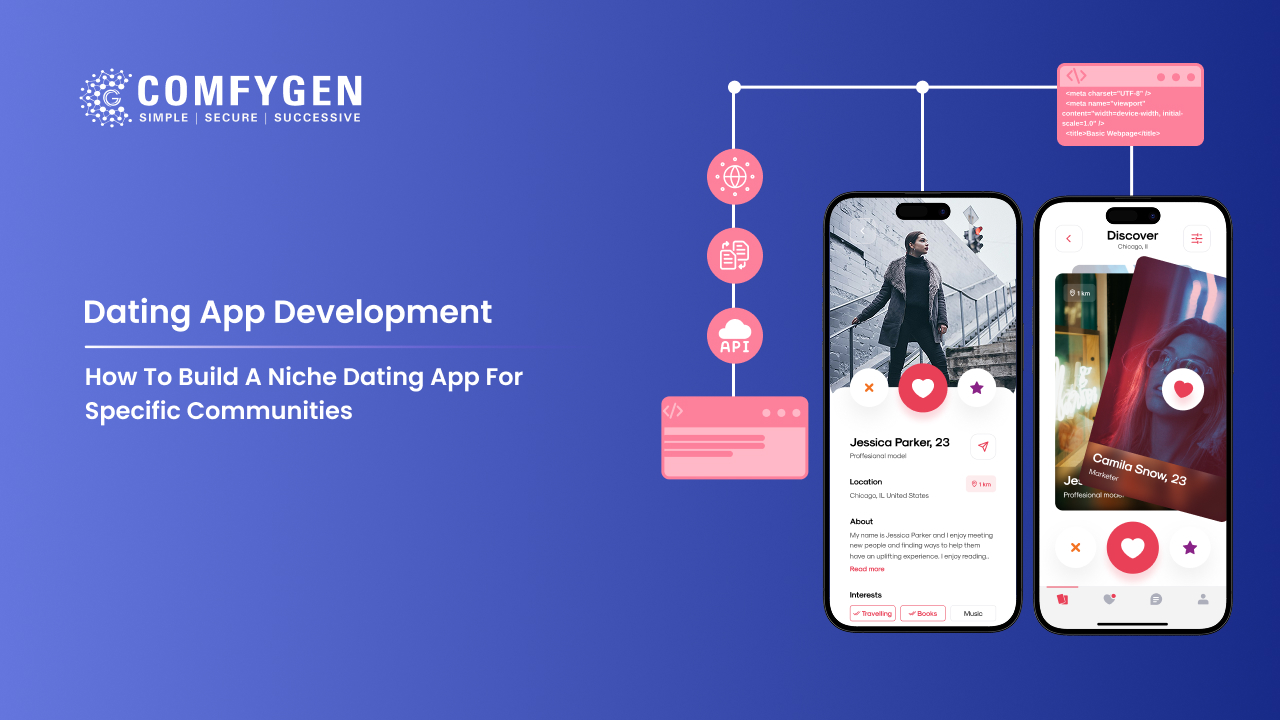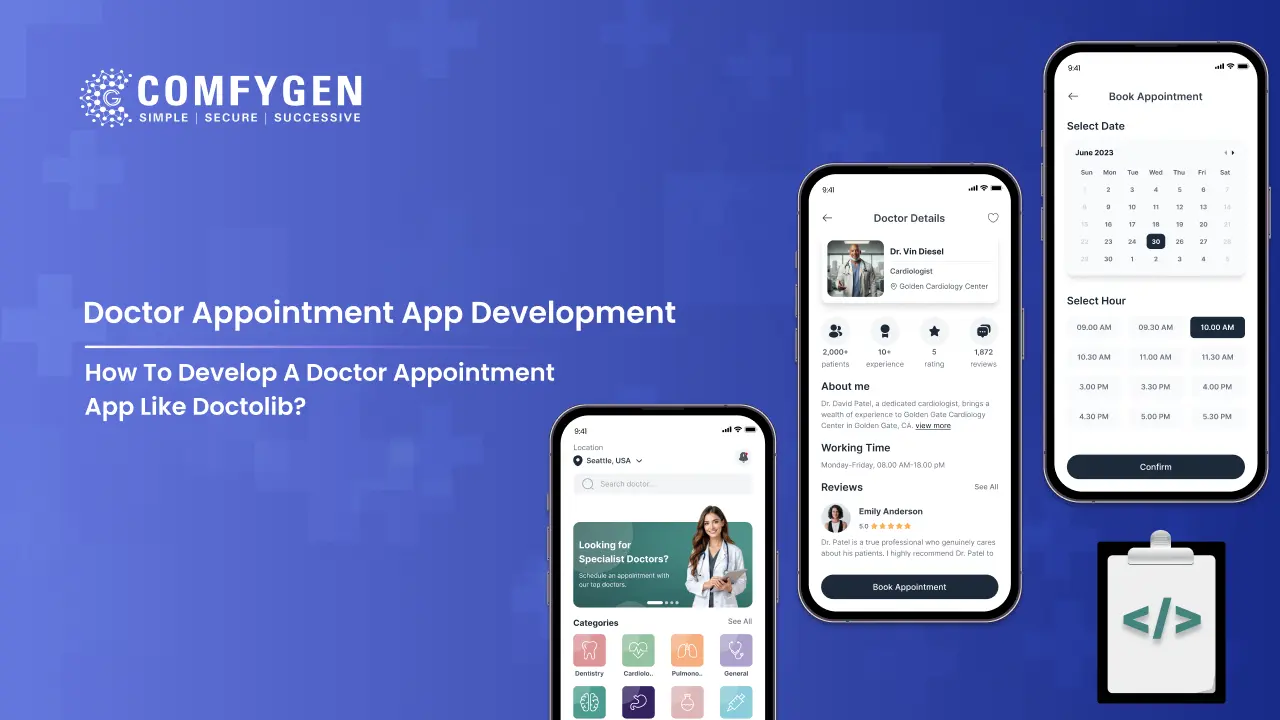A multicurrency wallet development is important for anyone who wants to manage Bitcoin, Ethereum, stablecoins, or fiat currencies. Instead of finding multiple apps, users now expect one secure crypto wallet app that supports multi-asset management, real-time tracking, and encrypted transactions.
As decentralized finance (DeFi) expands, businesses and traders need wallet development solutions that handle cross-border payments and crypto-fiat conversions with ease. This growing demand fuels the rise of multicurrency wallet development services, helping companies deliver flexibility and control to their users.
With the Web3 wallet ecosystem maturing and blockchain adoption accelerating, investing in a custom multicurrency wallet today can position businesses ahead in the digital payment revolution.
What Is a Multicurrency Wallet?
A multicurrency wallet is a digital wallet that allows users to store, send, receive, and manage multiple cryptocurrencies and fiat currencies within a single platform. Traditional wallets that support only one asset, a multi-asset crypto wallet lets users handle Bitcoin, Ethereum, Solana, and even government-backed cryptocurrency all in one app.
A multicurrency wallet acts as your universal digital wallet that helps users manage different types of cryptocurrencies without changing between multiple apps or exchanges. It’s designed for both individual users and businesses that need cross-border payment flexibility, instant crypto transactions, and real-time asset tracking.
Difference Between Single-Currency and Multicurrency Wallets
A single-currency wallet supports only one blockchain network or token (like Bitcoin or Ethereum). A multicurrency wallet, on the other hand, integrates several blockchains, allowing users to store and transfer various cryptocurrencies and tokens effortlessly. It’s ideal for investors, traders, and enterprises looking for diverse asset portfolios and simplified crypto management.
Types of Multicurrency Wallets development
-
Custodial Wallets: The private keys are managed by a third party (like an exchange or service provider), offering convenience but less control.
-
Non-Custodial Wallets: Users hold their private keys, ensuring complete ownership and higher security—preferred by blockchain enthusiasts and DeFi users.
-
Mobile Wallets: Lightweight and user-friendly, perfect for quick crypto payments and daily use.
-
Web Wallets: Accessible via browsers, suitable for easy portfolio management.
-
Hardware Wallets: Physical devices that store private keys offline for maximum security against hacks.
Common Use Cases of Multicurrency Wallet Development
-
Crypto traders manage diverse portfolios across multiple exchanges.
-
Startups offering integrated payment gateways or crypto wallet apps for users.
-
Enterprises enabling cross-border transactions and multi-asset payroll systems.
-
Investors are diversifying holdings across DeFi platforms, NFTs, and stablecoins.
Why Businesses Are Investing in Multicurrency Wallet Development
Businesses are adopting multicurrency wallet development services to stay competitive in the evolving digital finance space. As global adoption of cryptocurrencies, stablecoins, and digital payments continues to rise, companies need secure and flexible platforms that support multi-asset transactions and cross-border payments without friction.
A multicurrency crypto wallet offers one unified ecosystem where users can manage Bitcoin, Ethereum, NFTs, and fiat currencies with ease. For startups, fintech companies, and exchanges, this means stronger customer engagement, higher retention rates, and new growth opportunities through swaps, staking, or in-app purchases.
From a business standpoint, offering a multi-currency wallet development solution isn’t just about technology. It’s a strategic move toward financial inclusivity and innovation. These wallets enable companies to integrate DeFi protocols, NFT marketplaces, and Web3 applications, creating a future-ready product that aligns with user expectations and global digital payment trends.
Core Features of a Multicurrency Wallet Development
A multicurrency wallet not only develops to store cryptocurrency but also builds a secure, user-friendly, and scalable crypto payment ecosystem. When developing a multi-currency wallet app, integrating the right features is what defines performance, usability, and user trust. Below are the core features every multicurrency wallet development company focuses on to ensure smooth operations and maximum security.
1. Essential Features
These are the must-haves that form the foundation of any crypto wallet app:
-
User Registration & Authentication: Simple sign-up, biometric login, and two-factor verification for safe onboarding.
-
Wallet Creation & Management: Generate multiple wallet addresses, manage tokens across blockchains like Bitcoin, Ethereum, and Binance Smart Chain.
-
Transaction Management: Send, receive, and track multi-currency transactions in real-time with complete transparency.
-
Balance Overview: Real-time portfolio tracking, conversion rates, and transaction summaries for all supported assets.
-
Multi-Asset Support: Store and manage cryptocurrencies, stablecoins, NFTs, and fiat currencies in one interface.
2. Security Features
Security is the backbone of multicurrency wallet development. A robust wallet ensures complete protection against hacking and data breaches.
-
Private Key Encryption: Advanced encryption algorithms safeguard private keys from unauthorized access.
-
Two-Factor Authentication (2FA): Adds an extra layer of security for login and transactions.
-
Multi-Signature Wallets: Shared access with multiple signatures required for transaction approval, ideal for enterprise wallets.
-
Cold Storage & Backup Options: Offline key storage, seed phrases, and recovery options prevent permanent data loss.
-
Anti-Phishing & SSL Protection: Keeps transactions and data safe from phishing attacks and malicious intrusions.
3. Advanced Features
To stand out in a competitive crypto landscape, multicurrency wallets now include advanced integrations and tools for power users:
-
In-App Exchange / Swap: Instantly exchange one crypto for another without leaving the wallet interface.
-
Fiat On/Off Ramps: Enable users to buy and sell crypto using debit cards, bank transfers, or UPI.
-
KYC/AML Verification: Integrated identity verification to comply with global regulatory standards.
-
Cross-Chain Compatibility: Support for multiple blockchain networks ensures flexibility and scalability.
-
Staking & Yield Programs: Allow users to earn passive income directly within the wallet.
-
Push Notifications & Alerts: Real-time updates for transactions, price changes, and security alerts.
4. Admin & Analytics Features
A powerful admin dashboard helps businesses and developers maintain performance, monitor activity, and ensure compliance.
-
Comprehensive Dashboard: Centralized view of user activity, transactions, and wallet usage statistics.
-
Transaction Monitoring: Detect suspicious transactions and maintain compliance with financial regulations.
-
User Management: Manage KYC verification, permissions, and user profiles efficiently.
-
Analytics & Reports: Gain insights into transaction volumes, currency performance, and overall wallet growth.
-
Support & Maintenance Tools: Integrated support ticket systems and update management.
Multicurrency Wallet Development Process
Developing a multicurrency wallet app takes more than coding. It’s a structured development process that blends blockchain expertise, security engineering, and user-focused design. Here’s how a professional multicurrency wallet development company like Comfygen turns an idea into a fully functional, enterprise-grade blockchain development.
Step 1: Market Research and Requirement Analysis
Every project starts with understanding the target audience, business goals, and compliance requirements. Developers analyze which blockchains, currencies, and features to support—whether Bitcoin, Ethereum, Solana, or fiat integrations. This step also covers competitor research, user behavior analysis, and defining the wallet’s unique value proposition.
Step 2: UI/UX Design
A wallet is only as good as its usability. Designers focus on creating a simple, secure, and responsive user interface that works across web and mobile platforms. This phase involves building wireframes, prototypes, and user journeys to ensure intuitive navigation and smooth onboarding for both beginners and advanced traders.
Step 3: Blockchain Integration
Next comes integrating multiple blockchain networks to support multi-asset functionality. Developers connect APIs, nodes, and smart contracts to enable sending, receiving, and storing assets across different blockchains—such as Bitcoin, Ethereum, Binance Smart Chain, Polygon, or Solana. Cross-chain compatibility ensures flexibility and scalability for global users.
Step 4: Backend and Smart Contract Development
This is where the core logic of the wallet is built. Backend developers handle transaction processing, wallet synchronization, and real-time data fetching through APIs. Smart contracts manage transfers, swaps, and staking functionalities, ensuring transparency and automation. Security frameworks are added to protect sensitive data and private keys.
Step 5: Security Implementation and Testing
Security is non-negotiable in any cryptocurrency wallet app. This stage includes encryption setup, penetration testing, vulnerability assessments, and KYC/AML compliance integration. Features like two-factor authentication, biometric login, and cold wallet backups are tested to safeguard user assets from cyber threats.
Step 6: Deployment and Launch
Once testing is complete, the wallet is deployed to the chosen environment—whether it’s mobile app stores, web servers, or enterprise cloud platforms. Developers connect the wallet to live blockchain nodes and payment gateways. Before launch, performance optimization and final security checks are performed to ensure flawless operation.
Step 7: Maintenance and Upgrades
After launch, continuous maintenance keeps the wallet secure and up-to-date. This involves adding new blockchains, enhancing UI, monitoring performance, and updating APIs as blockchain protocols evolve. Regular audits and customer support ensure long-term reliability and scalability.
Estimated Cost of Multicurrency Wallet Development
Building a multicurrency wallet involves multiple layers of development, security, and compliance, and the cost varies depending on the wallet’s complexity, features, and supported currencies. Here are the key factors of the cost for 2025:
1. Basic Wallet
-
Cost: $30,000 – $50,000
-
Timeline: 2–4 months
-
Features: Supports a few cryptocurrencies, basic send/receive functions, simple UI/UX, and standard security like 2FA and private key encryption.
2. Mid-Level Wallet
-
Cost: $50,000 – $100,000
-
Timeline: 4–7 months
-
Features: Multi-crypto support, in-app exchange/swap, moderate KYC/AML integration, enhanced UI/UX, and improved security (cold storage, multi-signature support)
3. Enterprise-Grade Wallet
-
Cost: $100,000 – $250,000+
-
Timeline: 6–12 months
-
Features: Full blockchain and fiat integration, cross-chain support, advanced KYC/AML compliance, staking and yield features, robust admin dashboard, real-time analytics, and top-tier security protocols, including hardware wallet integration.
Factors That Affect the Development Cost of a Multicurrency Wallet
The cost of developing a multicurrency wallet app isn’t one-size-fits-all. Several factors impact pricing, timeline, and overall complexity. Understanding these variables helps businesses plan budgets effectively and ensures a secure, scalable, and future-ready crypto wallet.
1. Number of Supported Currencies and Blockchains
Each additional blockchain network, Bitcoin, Ethereum, Binance Smart Chain, Solana, or Polygon, adds complexity to wallet development. Supporting multiple cryptocurrencies and tokens requires integrating APIs, smart contracts, and cross-chain protocols, which directly increases both development time and cost.
2. Type of Wallet: Custodial vs Non-Custodial
-
Custodial Wallets: A third party manages private keys, simplifying user experience but requiring robust backend security and server infrastructure.
-
Non-Custodial Wallets: Users control private keys, demanding higher security measures like encryption, cold storage, and recovery systems. Non-custodial wallets generally take more development effort and cost more.
3. Security Level and Compliance Requirements
Security is paramount. Wallets with advanced protections—multi-signature wallets, hardware wallet support, biometric authentication, and regular penetration testing—require additional investment. Similarly, compliance with KYC/AML regulations, GDPR, and global financial standards influences both development complexity and cost.
4. Features and Integrations
The more features a wallet has, the higher the wallet development cost. Integrations like:
-
In-app crypto exchange or swap
-
Fiat on/off ramps
-
DeFi staking and yield programs
-
NFT support
require specialized APIs and backend logic, increasing both development time and maintenance requirements.
5. Platforms Supported
Developing for multiple platforms like iOS, Android, web, and desktop adds layers of complexity. Each platform requires specific UI/UX, testing, and optimization to ensure a smooth user experience, directly affecting development cost and timeline.
6. Development Team Location and Expertise
Where your development team is based and their level of expertise also matter. Experienced blockchain developers in North America or Europe typically charge more than teams in regions like India or Southeast Asia. However, seasoned teams often deliver secure, scalable, and faster-to-market wallet solutions, which can save money long-term.
Benefits of Building a Custom Multicurrency Wallet
Investing in a custom multicurrency wallet development offers businesses far more than basic crypto storage. It’s a strategic move that enhances user experience, security, and long-term growth. Here’s why developing a specific multi-currency wallet app can set your company apart in the digital finance space.
1. Full Control Over User Experience and Branding
A custom wallet allows businesses to design a unique user interface, integrate branding elements, and optimize user journeys for seamless navigation. From onboarding to transaction management, every interaction can reflect your brand’s identity and values, increasing user engagement and loyalty.
2. Scalability and Integration Flexibility
Custom wallets are built to scale. You can add new cryptocurrencies, integrate DeFi protocols, connect with NFT marketplaces, and implement cross-chain transactions as your business grows. Unlike white-label solutions, a custom wallet can evolve with changing market demands without major redesigns.
3. Long-Term Cost Efficiency Compared to White-Label Solutions
While white-label wallet development has a lower upfront cost, custom wallets offer long-term savings by avoiding recurring licensing fees and limitations on features. You gain full ownership of the codebase, enabling continuous updates, new feature rollouts, and security upgrades without dependency on third-party providers.
4. Enhanced Security and Compliance Adaptability
Custom wallets can incorporate advanced encryption, multi-signature support, biometric authentication, and cold storage options. They also allow for regulatory compliance integration, such as KYC/AML verification, GDPR adherence, and regional payment regulations. This ensures both user trust and legal compliance in global markets.
Conclusion: Launch Your Secure Multicurrency Wallet with Comfygen Technologies
Multicurrency wallets are transforming digital finance, allowing users to manage cryptocurrencies, stablecoins, and fiat in one secure platform. With blockchain and DeFi adoption growing, these wallets are essential for cross-border payments, multi-asset management, and real-time financial insights.
With Comfygen, strong planning, strong wallet development processes, and advanced security ensure your custom crypto wallet is reliable, scalable, and future-ready. Partnering with Comfygen guarantees your wallet meets user needs, supports evolving protocols, and complies with regulations, positioning your business to lead the future of Web3 wallets.

Mr. Saddam Husen, (CTO)
Mr. Saddam Husen, CTO at Comfygen, is a renowned Blockchain expert and IT consultant with extensive experience in blockchain development, crypto wallets, DeFi, ICOs, and smart contracts. Passionate about digital transformation, he helps businesses harness blockchain technology’s potential, driving innovation and enhancing IT infrastructure for global success.

